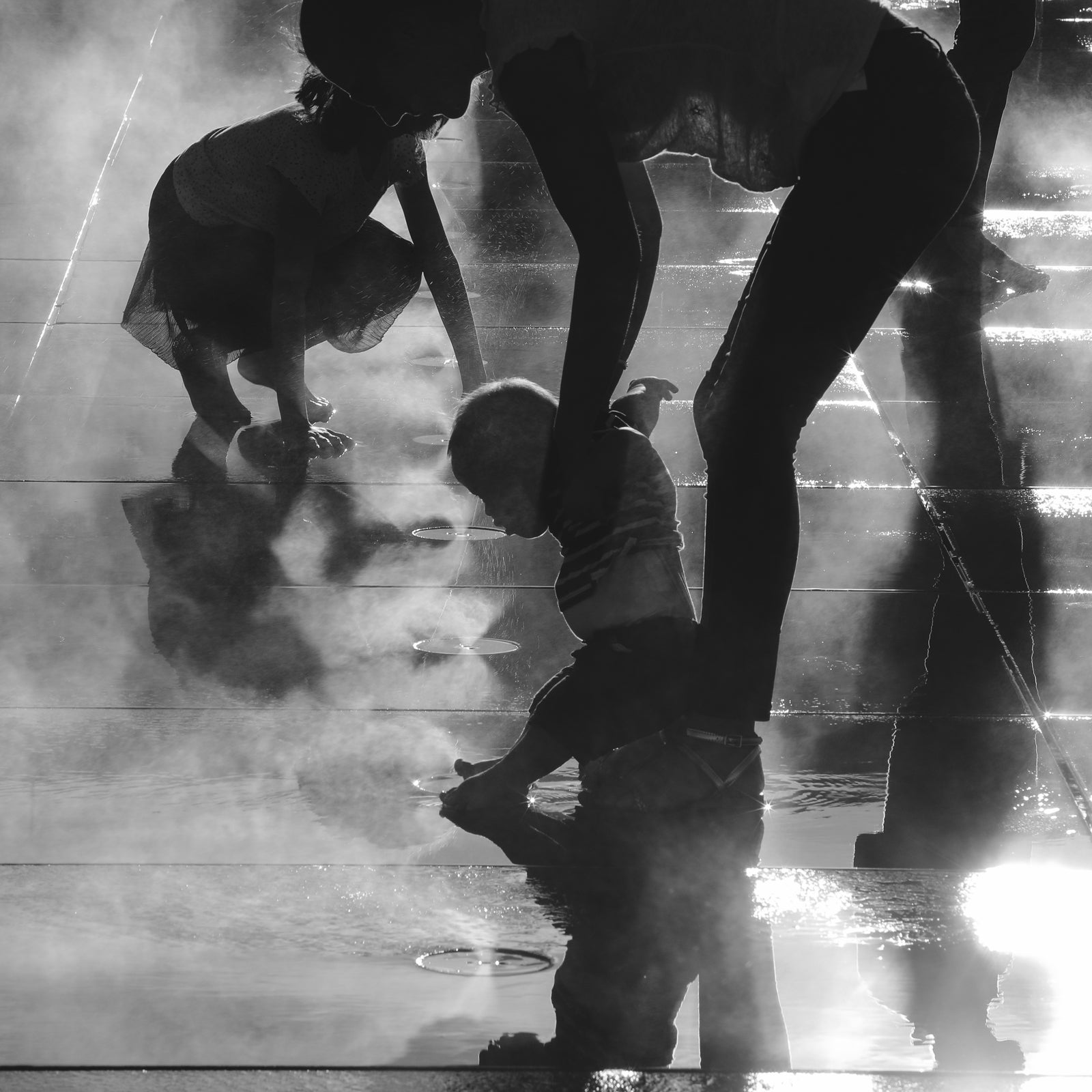Welcome to Tough Love. Every other week, we’re answering your questions about dating, breakups, and everything in between. Our advice giver is Blair Braverman, dogsled racer and author of . Have a question of your own? Write to us at toughlove@outsideim.com.
I am a late-twentysomething woman and have been with my fiancé for almost eight years. We have made the decision to wait until our mid-thirties to discuss having kids, primarily because we’re worried about the world’s current lack of climate action. I work as an environmentalist and the leader of climate programming at my organization, and I am extremely concerned about what the future will look like for generations that come after me. I frequently find myself in situations where fellow environmentalists (older than me) deride my decision to wait on kids, especially my reasoning for it (climate change). They often use a line about how they didn’t truly understand climate activism until they had children.
Even though I do not have kids, I still feel extreme sadness and fear when it comes to the global impacts of climate change. I don’t think I need to have a child to be able to feel that on behalf of future generations. I also think it’s somewhat selfish to have a child in a day and age when the UN is issuing reports telling us we only have 11 years to act on climate change, two years to fix biodiversity loss, and 60 years before soils become unsuitable for modern agriculture. How do I make it clear to my coworkers and older fellow environmentalists that not having children because of climate change is a sound science-based decision? How do I tell them that I can still feel as scared for the future as they do, even if I don’t have children of my own?
If a firefighter pulls a kid out of a burning building, no one says that they’re less of a hero for being unrelated to the kid—or that they don’t care about kids in general. Your job involves millions of kids on a burning planet. The fact that you’re not related to them by blood doesn’t change the vital importance of your work or the skills that you bring to it.
That said, I suspect that your older colleagues’ passion for this argument has less to do with you and more to do with the fear that they live with, the constant awareness of their own children growing up in a time of environmental catastrophe. They do feel a different kind of fear than you do. But this particular fear—having it or not having it—has no bearing on your commitment to the work that you do. (And implying that it does, however unintentionally, means tapping into sexist historical arguments that a woman’s reproductive choices reflect her character or abilities.)
Climate activism is not a contest of who’s the most scared. It’s about working together to accomplish as much as possible. The more perspectives and different life experiences at the table, the better. And nobody should be shaming anyone else for their reproductive decisions. Period.
Climate activism is not a contest of who’s the most scared. It’s about working together to accomplish as much as possible.
It sounds like you’re trying to respond to these comments with scientific arguments, but in this case, you’re better off letting that impulse go. Decisions about having children are sensitive and personal, and arguing pros and cons in the abstract will only make people defensive. If someone’s being rude, even unintentionally, you have every right to call them out: a simple “Please respect my reproductive decisions” should remind them of their manners.
But if you sense that a colleague is just trying to connect, it’s worth taking the opportunity for a conversation. Ask them questions, and be open to the answers. How do they think about climate change differently now that they have kids? What do their kids understand about it? What surprises them? If you’re from different generations, you could talk about how their experience growing up was different from yours, which is different, in turn, than their children’s. Climate activism is richer, not poorer, for including a diversity of life experiences, and you could end up deepening both your perspectives.
My boyfriend and I are planning a four-day backpacking trip. He says he only wants to go ten miles a day, but I think we can do 15. What’s the best way to compromise?
Go the shorter distance. Backpacking isn’t about covering as many miles as possible—that’s what cars are for. It’s about being outdoors, using your body, and connecting with your hiking partner(s). Plus, it’s a lot easier to have fun on a trip that’s too easy than on one that’s too hard. It’s far better for one of you to have extra energy at the end of the day—you can always add activities, like going for a walk or swim—than to be exhausted and resentful.


